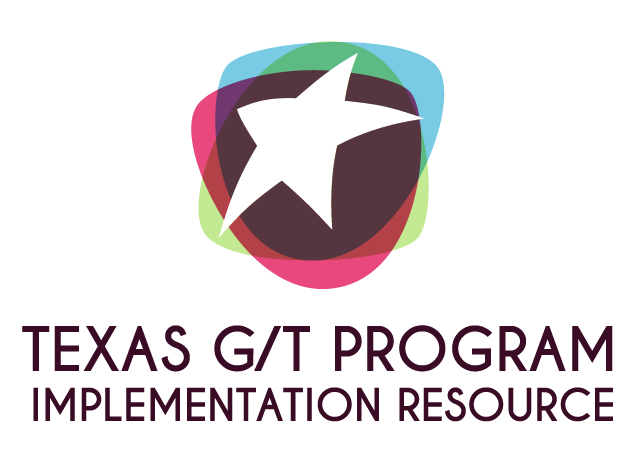History
This guide is a result of efforts by Texas Education Agency, Advanced Academic Services, Region 14 Education Service Center, AP/IB Projects, and an array of small school districts in Texas. Many districts with average daily attendance (ADA) of less than 1,500 have expressed the numerous problems associated with development of quality services for their gifted learners. Citing a lack of funds, personnel, and number of gifted learners within their district, small districts protest that high-quality services are difficult, if not impossible, to provide. As the authors of this guide began to approach this situation, they found a variety of quality gifted services throughout the state. Their goal was to find districts whose services were systemic rather than person driven. This guide is the result of collaboration with educators, representing 17 small districts, who have found solutions for gifted services to the problems posed by small school districts. The guide was updated by touching base with some of the original 17 districts. The original district documents were removed and were replaced with generic samples that reflect what is in use today. Mockingbird ISD, a sample school district, is used to provide examples of implementation at the school level.
Small School Recognition
The Texas Education Agency would like to acknowledge the original 17 districts that participated in the Small Schools State Initiative. The teachers, coordinators, counselors, administrators, and parents in these districts all contributed valuable feedback and insight on the special needs of G/T programming in small school districts.
Thank you to the following school districts:
Anderson-Shiro ISD
Center ISD
Muenster ISD
Perrin-Whitt ISD
Yoakum ISD
Colorado ISD
Lackland ISD
Randolph Field ISD
Wimberley ISD
Cotton Graham ISD
Mathis ISD
Tidehaven ISD
Blue Ridge ISD
Goliad ISD
Sabine ISD
Sundown ISD
Wimberley ISD
